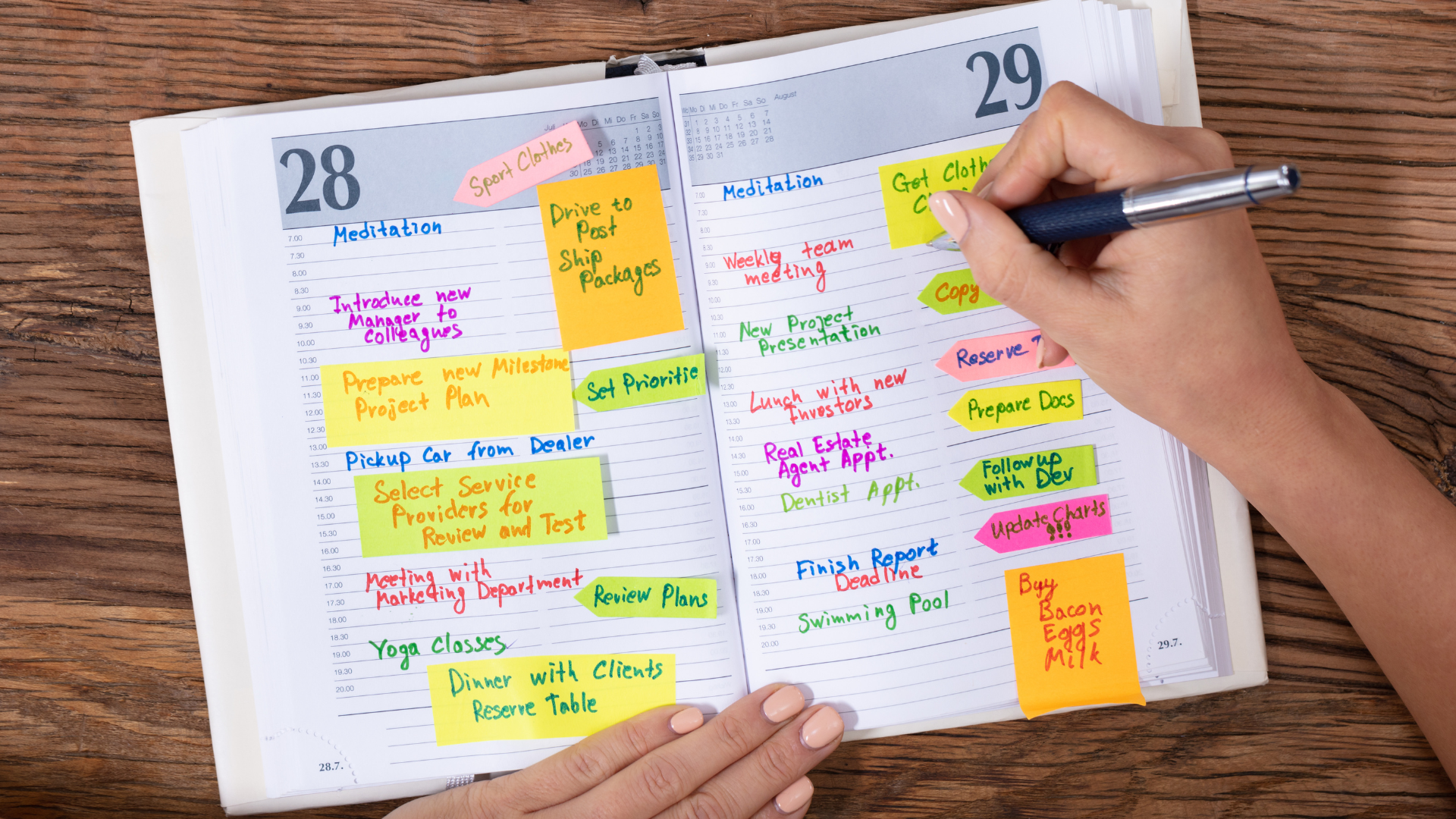The Healing Power of Human Touch: Why Physical Care Matters More Than Ever
In today’s world of digital communication and virtual appointments, something powerful still stands strong—the healing power of human touch. For Home Health Aides (HHAs) and Certified Nursing Assistants (CNAs), touch isn’t just part of the job—it’s a vital part of the healing process.
At Fordham Institute Inc., we train students not only in clinical skills but in the art of compassionate care. Here’s why physical, hands-on caregiving continues to be one of the most important and human aspects of healthcare.
1. Touch Brings Comfort and Reassurance
A hand to hold. A gentle pat on the back. Helping someone out of bed. These simple acts of touch are deeply grounding for patients who may feel anxious, isolated, or afraid.
Why it matters: Physical presence creates emotional safety. It says, “You’re not alone.”
2. Touch Promotes Physical Healing
Hands-on care—like assisting with mobility, hygiene, or repositioning—does more than keep a patient clean or comfortable. It helps improve circulation, reduces bed sores, and encourages movement.
Why it matters: Aides are often the first to notice physical changes, making early intervention possible.
3. It Builds Human Connection
In caregiving, touch often speaks louder than words. For many clients, especially the elderly or those living alone, physical care may be their only daily connection with another person.
Why it matters: Human connection through care boosts mood, lowers stress, and improves quality of life.
4. It Restores Dignity
Helping someone dress, bathe, or eat isn't just physical—it’s personal. Done with care and respect, these tasks restore a person’s sense of dignity and independence.
Why it matters: HHAs and CNAs have the power to transform vulnerable moments into affirming experiences.
5. Touch is Timeless
Technology may change healthcare—but it will never replace the warmth of a human hand. That’s what makes caregivers irreplaceable.
Why it matters: Your presence is part of the healing. You are the bridge between medical care and personal connection.
Train With Heart, Serve With Purpose
At Fordham Institute Inc., we teach more than skills—we teach presence, empathy, and compassion. Our graduates go on to make real, lasting differences in the lives of others, not just through what they do, but how they do it.
📞 Ready to start your journey? Call us at (718) 480-1804
Touch heals. Care connects. Your hands have the power to change lives.





